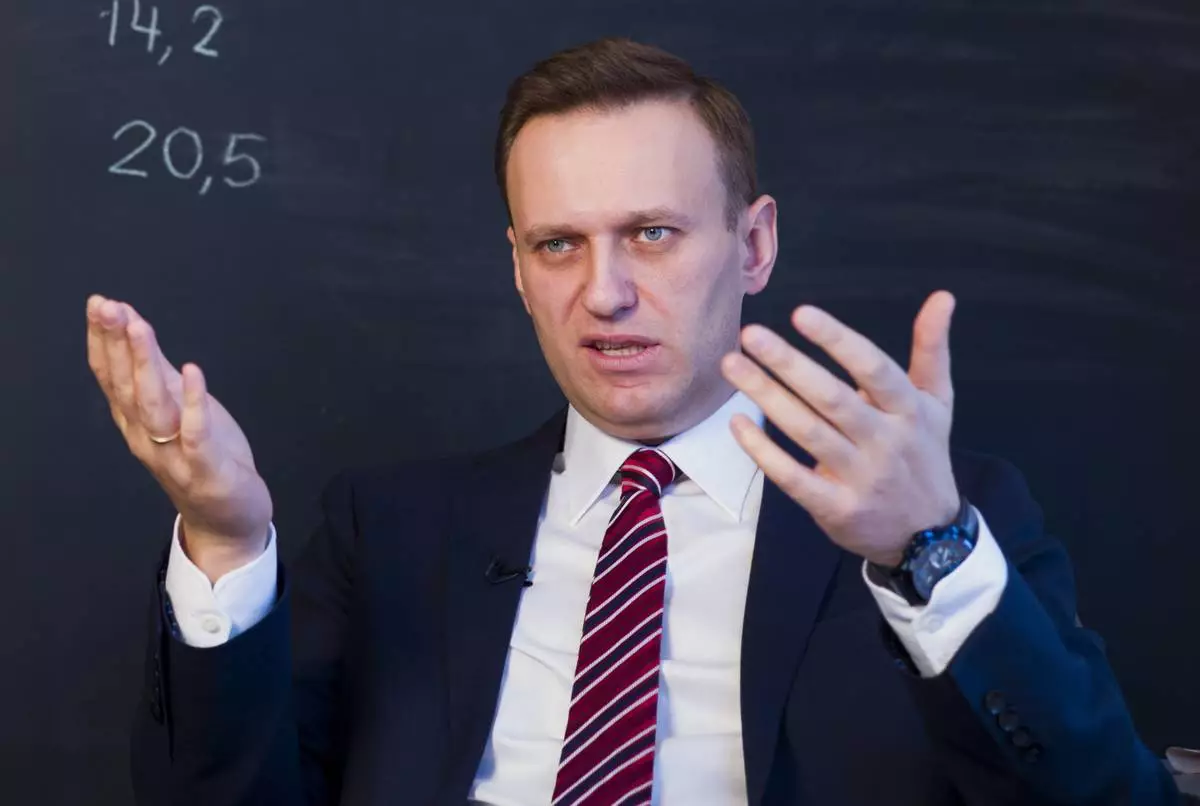President Donald Trump's lawyers argued Friday at a federal appeals court in New York that two banks should be stopped from turning over his financial records to House committees seeking them. The case is one of several across the country where Trump is fighting against turning over documents sought by Democrats. The documents being sought include accounting records and his state and federal tax returns.
A look at Trump's legal disputes over documents:
BUSINESS RECORDS-NEW YORK
Trump's fight in New York is over records related to his business ventures held by Deutsche Bank and Capital One. The records are being sought by the Democratic-led House Financial Services and Intelligence committees, which subpoenaed the information as part of their investigation into possible "foreign influence in the U.S. political process." Trump's lawyers have argued that Democrats lack a required "legitimate legislative purpose" in subpoenaing the records, but the argument hasn't been a winning one. U.S. District Judge Edgardo Ramos, an appointee of President Barack Obama, refused in May to block the subpoenas. Trump appealed and the case is now in the hands of three judges of the U.S. Court of Appeals for the 2nd Circuit, two of them nominated by Republican presidents and one by a Democrat.
BUSINESS RECORDS-WASHINGTON
The New York records dispute is similar to one in Washington that involves accounting firm Mazars USA. The House Committee on Oversight and Reform subpoenaed the records from Mazars, which has provided accounting services to Trump, in April, and Trump sued to stop the records' release. So far, the case has been a loss for Trump. U.S. District Judge Amit Mehta, an Obama appointee, ruled in May that lawmakers should get the documents, but Trump appealed. A three-judge panel of the U.S. Court of Appeals for the District of Columbia Circuit heard arguments in the case in mid-July. The judges, two appointed by Democratic presidents and one appointed by Trump, have not yet issued a ruling.
FEDERAL TAX RETURNS-WASHINGTON
Also in Washington, Trump is fighting Congress in court over access to his federal tax returns. The House Ways and Means Committee sued the Trump administration in July over access to the returns. The committee said it needs to see them as part of an investigation into tax law compliance by the president, among other things. The committee has pointed to a law that says the Internal Revenue Service "shall furnish" the returns of any taxpayer to certain top lawmakers. But Treasury Secretary Steven Mnuchin told the committee in May that he wouldn't be turning over the returns, setting up the lawsuit. The judge overseeing the case, Trevor McFadden, is a Trump appointee. The case is in its early stages.
STATE TAX RETURNS-WASHINGTON
Trump is also fighting to keep his New York state tax returns private. Trump filed a lawsuit in Washington in July to block the application of a new New York state law that could allow the House and Ways Means Committee to obtain his state tax returns. The measure, signed into law this summer by Democratic Gov. Andrew Cuomo, directs state tax officials to share state returns of some elected and appointed officials following a written request from certain Congressional committee chairs. New York's attorney general argues the case belongs in New York, not Washington, and is seeking to have it dismissed or moved. A hearing on that issue is set for mid-September. The judge assigned the case, Carl J. Nichols, is a Trump appointee who was just confirmed in May.
TAX RETURN REQUIREMENT-CALIFORNIA
Trump is also fighting a new California law that requires presidential candidates to release their previous five years of tax returns in order to appear on the state's primary ballot. The measure was signed into law by Democratic Gov. Gavin Newsom in late July, and the Trump campaign and Republican Party quickly filed lawsuits over it. They argue the law violates the U.S. Constitution by creating an extra requirement to run for president and deprives citizens the right to vote for their chosen candidates. A hearing in Trump's federal case, which is being overseen by George W. Bush appointee Morrison C. England, is set for mid-September. California holds its 2020 presidential primary March 3. Separately, the California Supreme Court has agreed to hear a challenge to the law.










